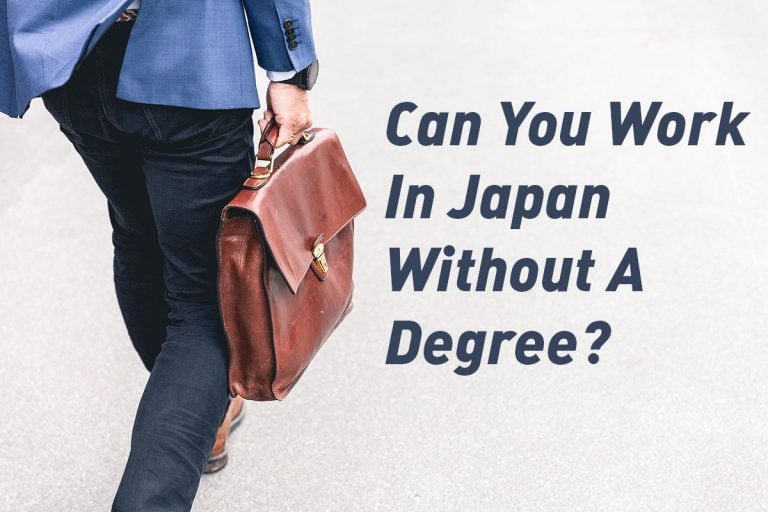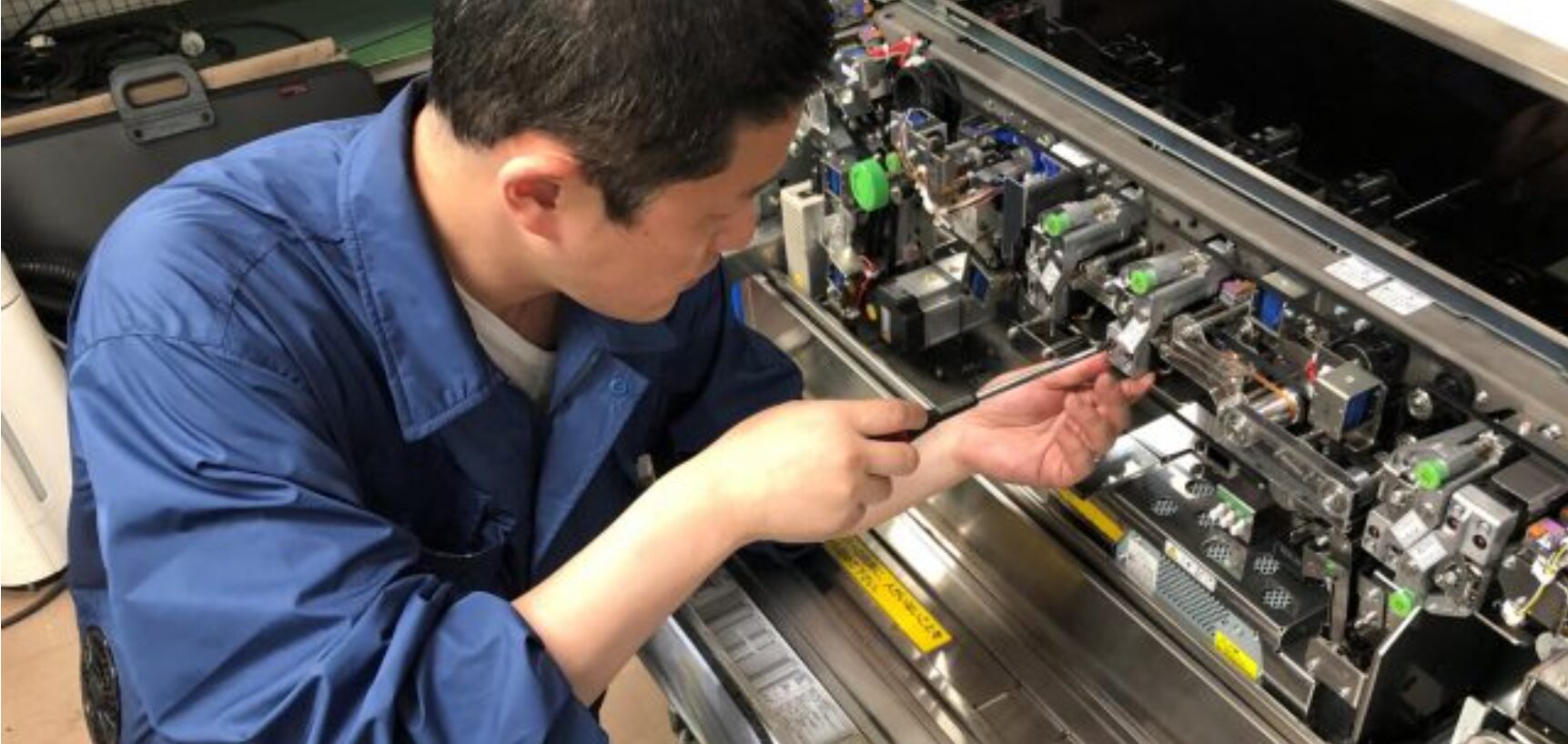
Previously, Japan was really strict and a degree was essential, however, these days the standards are becoming increasingly lax. Previously strictly enforced rules like the minimum salary and qualification rules have become increasingly more like recommendations than strictly enforced regulations. With an increasing number of excellent, non-native talent coming to Japan from all around the world, it has led to people wondering whether they can teach in Japan without a degree.
Specialist in Humanities or Instructor Visa
The good news is that there are actually no rules that restrict certain people from doing certain jobs, instead the problem is usually with the visa. In Japan, teachers typically require either the Instructor visa or Specialist in Humanities visa. Many visitors to Japan make the mistake of thinking that these two visas are the same, but actually there are big differences between them.
In order to work for a school, especially those run by the government (called 国立), workers must have an instructor visa. On the other hand, those wanting to work for private companies, such as 英会話 (English language schools) will be more likely to require a Specialist in Humanities visa.
Generally speaking, these visas are quite easy to get, however, there is a catch. One of the rules for getting one of these visas is that you have proof that you are qualified to perform the job. The current visa rules typically define qualified as, you’ve guessed it, “having a graduation certificate from a tertiary institution, a document certifying that the applicant has attained an equal or greater level of education, a document certifying that the applicant has attained a diploma or an advanced diploma, or a copy of a license or other document that proves that the applicant is qualified.”
As you can see, there is some wriggle room in these definitions, but not much.
The working holiday visa program
Young people, however, stand a better chance as many countries operate a working holiday program with Japan. Currently, 26 countries are in this program with Japan, mostly the politically friendly countries such as the UK, Australia, and Canada. To find out if your country is eligible, you can check mofa.go.jp/j_info/visit/w_holiday
The working holiday program is a lot less demanding than the long-term visa program and will accept younger people without degrees. For the purposes of the visa, participants “are allowed to engage in employment as an incidental activity of their holidays for the purpose of supplementing their travel funds”. So, the good news is that you can do it, unfortunately the bad news is that a lot of the higher paying jobs require an Instructor or Specialist in Humanities visa. This often limits working holiday visitors to some of the more dodgy eikaiwas that generally pay lower salaries.
Starting your own English-teaching school
An often overlooked option for entrepreneurial types, especially those that have a lot of time, is to start your own ‘eikaiwa’. Generally, starting an English language school in Japan involves making as many friends and associates as possible and then asking them to tell you about anyone they know that needs an English teacher and slowly growing a circle of paying students.
The key to making this work is that some schools charge an administration fee to the student pay just to register at the school. For some schools this can be a rather large amount (possibly $1000 plus) to register and a monthly fee on top of that. Unless the student works for a company that is willing to pay the administration fee, this can be your marketing plot to tempt students away from the cookie-cutter eikaiwa schools that charge a huge administration fee. An important thing to remember is that your personality will be a greater asset than your qualifications for many students, as a lot of these students are more interested in fun classes than dry textbook lessons and will likely not care so much about formal qualifications.
The drawback of this is that without an obligation to the school, the student can quit at any time and so you should get used to even the most enthusiastic student ghosting you without warning. As a person that made this lifestyle work for many years my advice is that want to make sure you save when things are going well, so that you are covered when things are not so good, and try to get group classes so that when a student quits you have other students. However, to say the least, this is definitely not one for the faint of heart!
Working in Japan without a degree
It is possible to work in Japan without a degree, but it makes things a little difficult and requires you to hustle and network, which are more appealing to some personality types than others. However, for those willing to put in the effort, it can be a good opportunity. The best part is that Jobs in Japan has plenty of jobs for all levels of experience if you’d like to get your foot in the door in the Japanese job market.



















